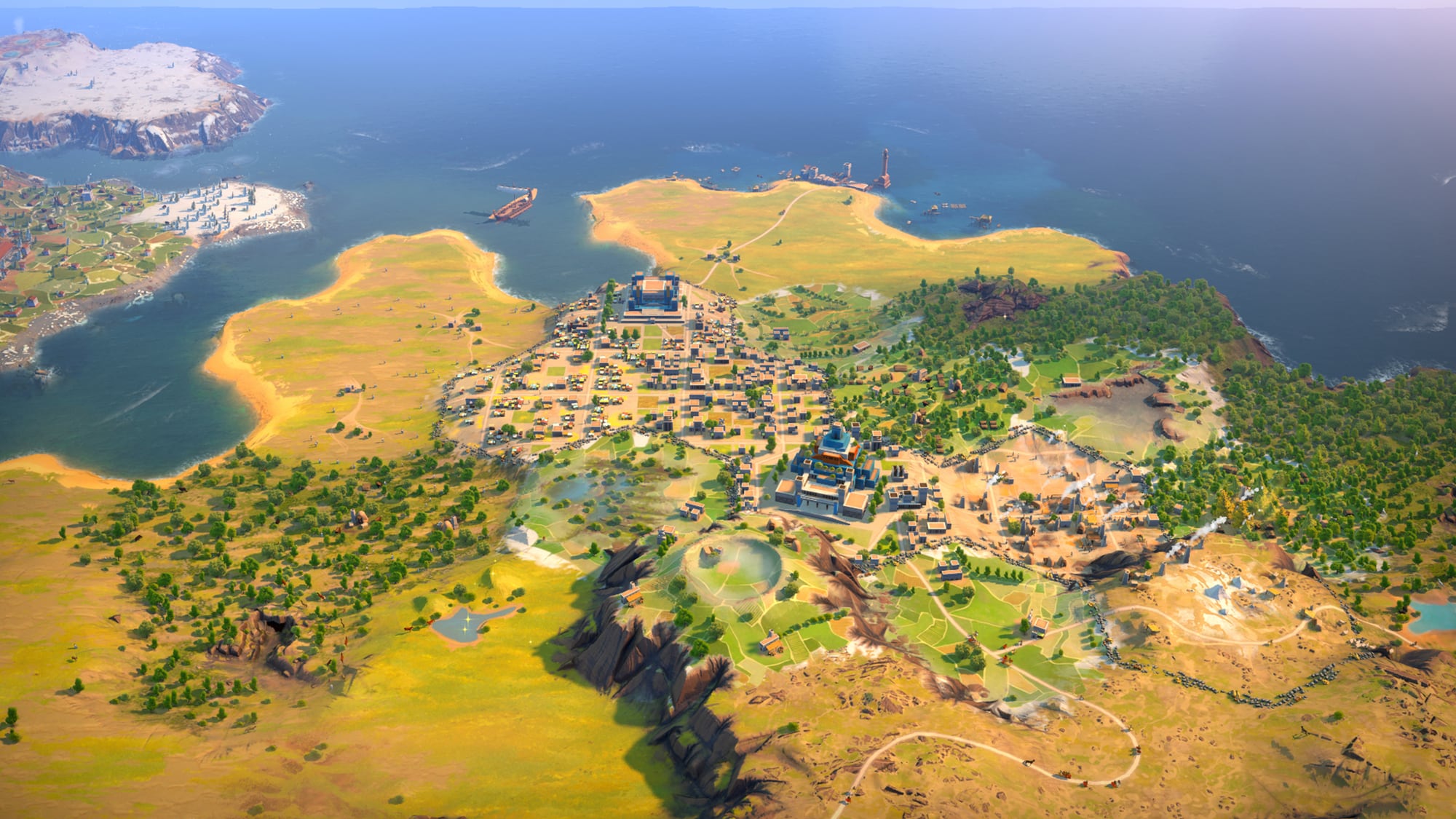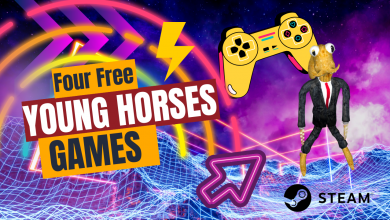
It is difficult to write about the 4X (explore, expand, exploit, exterminate) turn-based strategy game Humankind without mentioning Civilization. After all, the Civilization series has defined this particular strategy genre on its own over a span of three decades.
Humankind almost feels like a homage to the 30th birthday of Civilization this year, as there is no seventh edition since Civilization VI was released in 2016.
SPECS
PRICE: From S$49.90 (Windows, Mac)
GENRE: Turn-based strategy
And if you have play Civilization before, you will be like fish in water playing Humankind. You start out as a nomadic tribe, build a town on maps with hexagons, gather resources, research new technologies, spread your influence, build cities, construct wonders and complete objectives to defeat other cultures (computer AI) to win the game.

While the game Civilization lets you choose only one civilisation or culture, Humankind lets you choose different cultures through a game.
Apart from the beginning of a game whereby you always starts as a Nomadic Tribe, you will get to change culture when you advance to a new era after reaching the Ancient Era.

In truth, this makes more sense than sticking to one culture for an entire game. Some civilisations, such as Carthaginian and Assyrians, were the dominant force in their time but had since vanished from the face of the earth.
So for each new era, there are different cultures to choose from. Each culture will have its affinities, traits and advantages. And when you transit to a new culture, all these traits will be lost and replaced by those of the new culture.
For instance, I choose the Babylonia culture during the Ancient era to get an advantage on researching new technologies to get ahead of my enemies. When transiting to Medieval era, I chose the Franks who have more diplomatic advantage. It all depends on what you want.

Before you start a game, it will be prompted to choose an avatar and emblem. While your avatar might be the same person, he or she will change clothing depending on the culture you choose in each era. This avatar will also represent you during diplomatic negotiations. But it lacks the charm of the Civilisation’s leaders, who are usually historic figures like Ghandi, Queen Victoria or Genghis Khan.
However, you need to be fast in order to advance to the next era. Your enemies might advance to the new era first and opt for the culture you wanted. And you end up having to pick one that might not be your preference.
On the upside, this means no two games will play the same. You will probably not be using the same culture in the same sequence as the previous game.
Of course, you can always stick to one culture via its transcendence option. But what would be the fun and it might not to be to your advantage to do so? For instance, if you stick to the Romans, you will be losing the fighter jets of the Americans.
FOR
+ Gorgeous graphics for a strategy game
+ Easier to play than Civilization
+ Fun to change different cultures along the way
+ Reinforcements during battles adds new strategy
+ Addictive 4X gameplay
AGAINST
– Lacks the colourful rulers of Civilization
– Lacks the depth of Civilization
To advance to a new era, your empire needs at least 7 Era Stars. This is achieved by finishing objectives – such as building wonders, making more money or winning battles – that will award you with Era Stars and Fame. Having more Fame will also help you in the final score to see who wins the game.
Of course, there are many ways to victory. For example, you win if you are the first to build a colony in Mars, finishing the tech tree or exploit Earth until it is inhospitable for humankind. Or if you are the warmonger kind, you can build your army quickly and defeat all your enemies with force.
Battles in Humankind can be auto-resolved if you think you have superiority in numbers or higher chances of winning. Or if you are simply too lazy.
The turn-based battle is a tad tedious but rewarding. During each battle, the units in your armies will unstack and move into each hexagon in the map. Moving and deploying your units will take time and you have to consider the terrain as well.

For instance, if you have archers in your units, you gain superiority if you are on higher ground to inflict more damage. Or if you are outnumbered, you can move your troops to a choke point where numbers do not matter like how the Spartans defended against the invading Persian army with a vastly larger force in the Battle of Thermopylae.
The best part about the battles in Humankind is you can bring in reinforcements during battles. Imagine if you are the Spartan King Leonidas fighting against the odds and suddenly, you can have reinforcements flanking the Persian army for a surprise attack. It adds so much to the gameplay.
Not to mention, the graphics of Humankind are really beautiful from the tiny buildings to the individual units. When zoomed in, you can see villagers walking around the town doing their own things and smoke coming out of houses’ chimneys.

On the downside, Humankind is more simplistic and offers less depth in terms of city building, strategy and diplomacy. For example, when I cannot offer any sort of counter-offer during trade negotiations, it is either I accept a proposal or I counter-offer with trade everything. I have no control to, say, trade only gold with spices .

Nonetheless, you will spend hours and hours clicking here and there to build army units, improve infrastructure and propose treaties before clicking next turn. And before you know it, it’s 4am in the morning.
VERDICT
Humankind might lack the depth of the Civilization series, but it offers gamers an easier entry to the 4X turn-based strategy genre while sticking to the addictive gameplay. For someone who is new to the genre, Humankind might be a good place to start.
RATING
8/10






